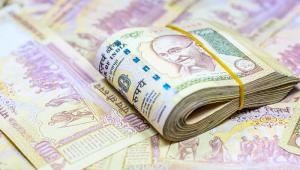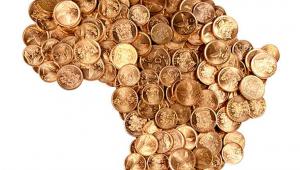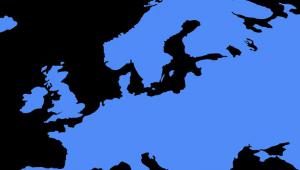Structural transformation was needed in the country to bring about the inclusive and sustainable development that would enable its economy to become more resilient, the bank suggested in a report.
Real GDP growth in Papua New Guinea dropped gradually from 13.5% in 2014 to -0.5% in 2018.
During this time there was a commodity price shock, a particularly warm El Niño climate cycle and a 7.5-magnitude earthquake that hampered the economy, the World Bank pointed out in the report, released on Friday last week.
But now, real GDP growth is forecast to be about 5.6% in 2019, and hover at just over 3% in 2020-21 – a recovery mainly observed in the resource sector, dominated by liquefied natural gas.
Ilyas Sarsenov, World Bank senior country economist for Papua New Guinea, said: “PNG’s growth outlook remains positive but fragile due to rising economic uncertainties ranging from the domestic political economy to the recent escalation of trade tensions between the United States and China.
“To mitigate downside risks to the outlook and better weather external shocks, it is recommended that PNG authorities adjust macroeconomic policy and focus on structural transformation of the economy, especially in agriculture as a potential economic driver for more diversified and inclusive development.”
About 87% of the country’s population live in rural areas, with three quarters of them involved in subsistence and cash income agriculture – including fresh foods, coffee, cocoa, palm oil, copra and copra oil.
High-value coconut products and spices make up a small but increasing proportion of the sector.
The report listed the main problems faced by rural farmers as lack of transport infrastructure, limited access to finance, climate change and inconsistent law and order.
Officials are recommended to focus on improving capacity through public-private partnerships.
Last month, Treasurer of Papua New Guinea Sam Basil said he recognised the “real potential” of the agriculture sector, and promised the 2020 Budget strategy will be “re-oriented” to take that into account.
In the same speech on 26 June, he announced that the 2019 agriculture, forestry and fishing sector growth forecast had been revised up, after better-than-expected palm oil and log production in the first quarter of the year.













